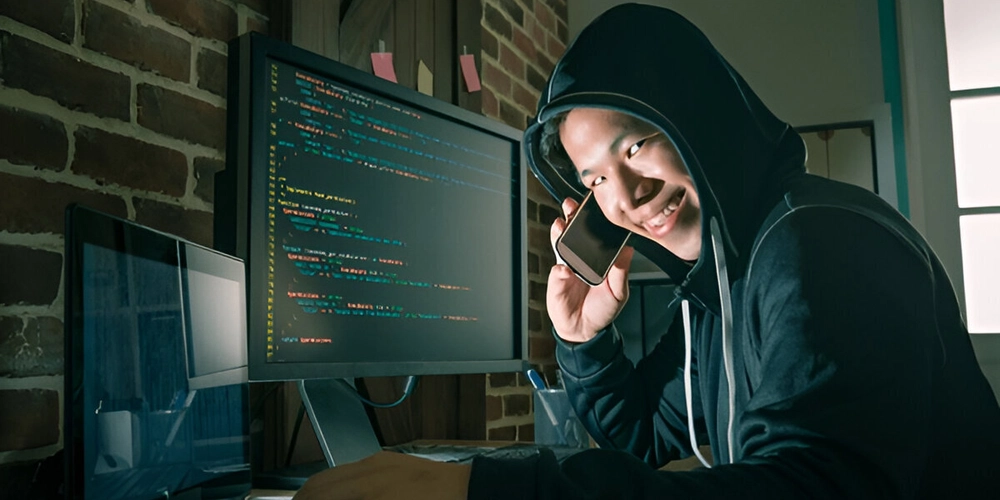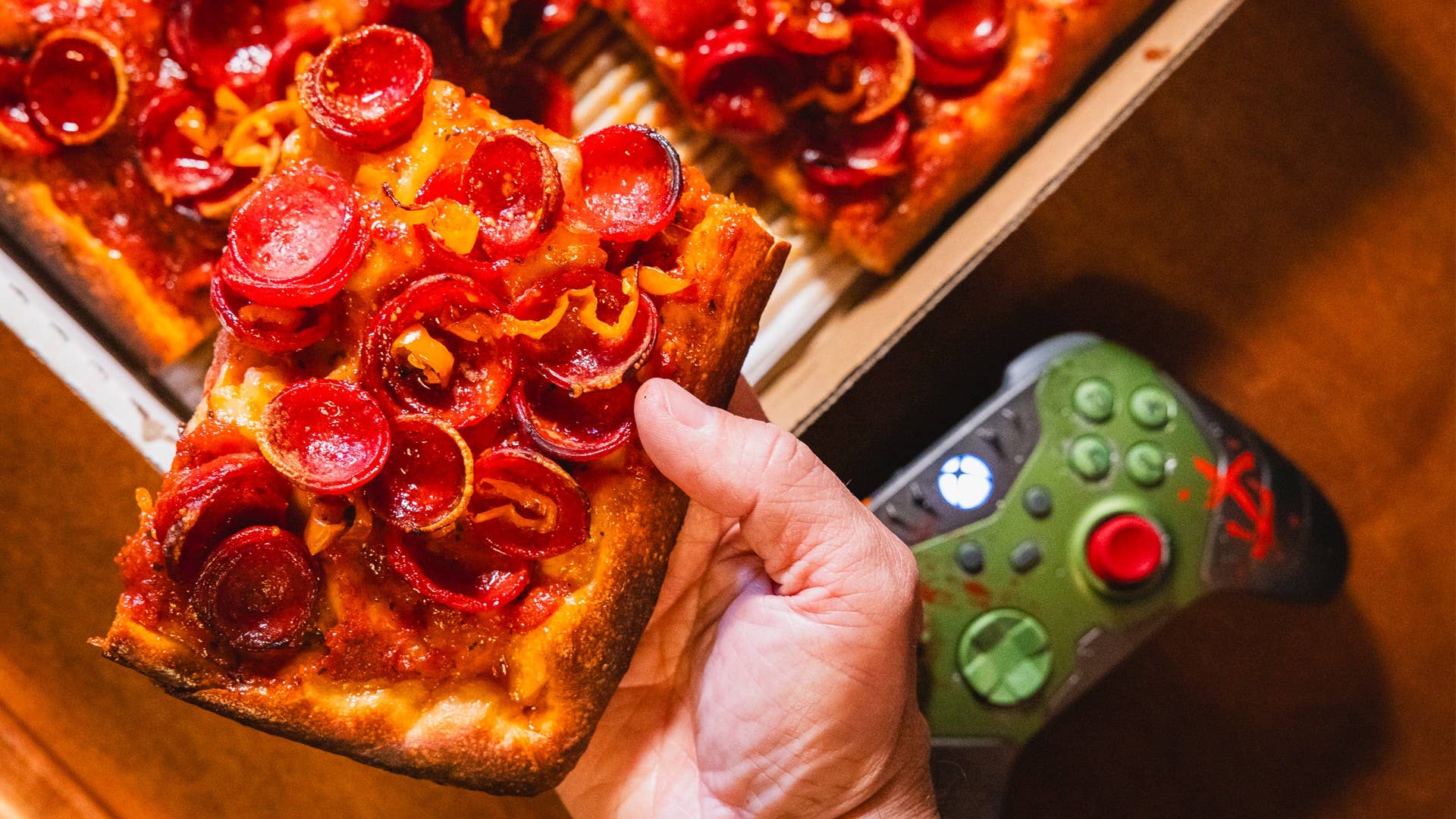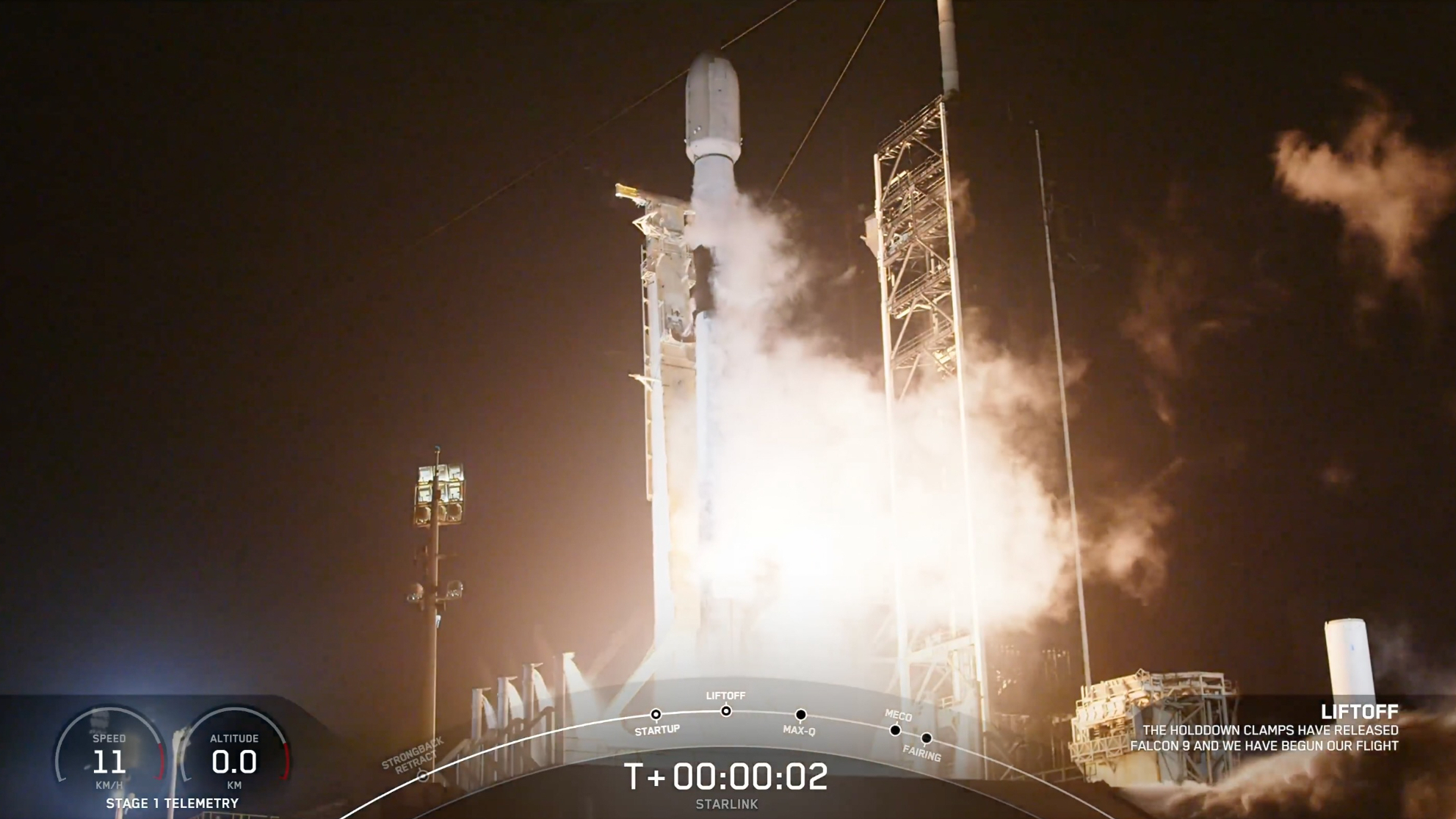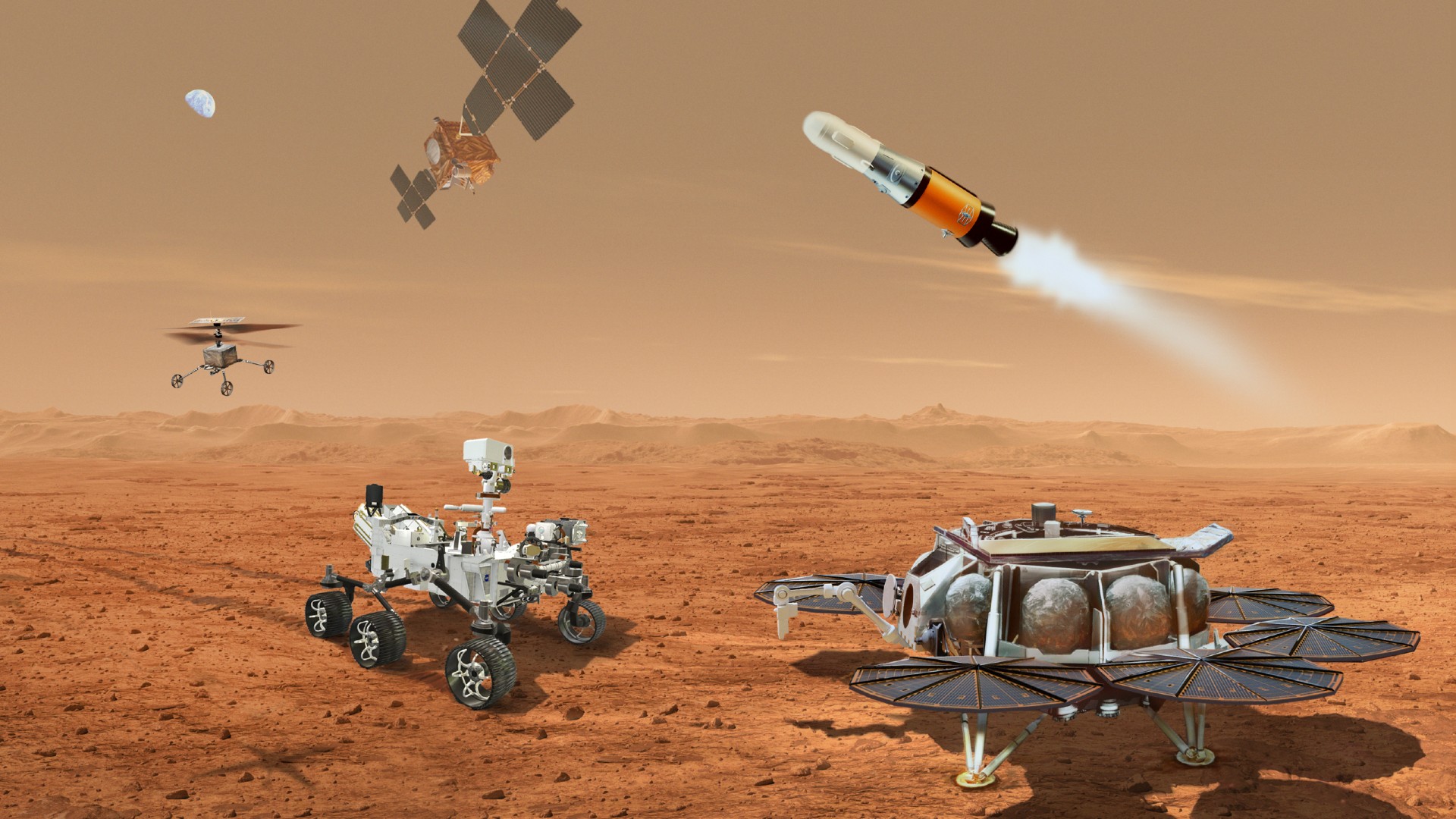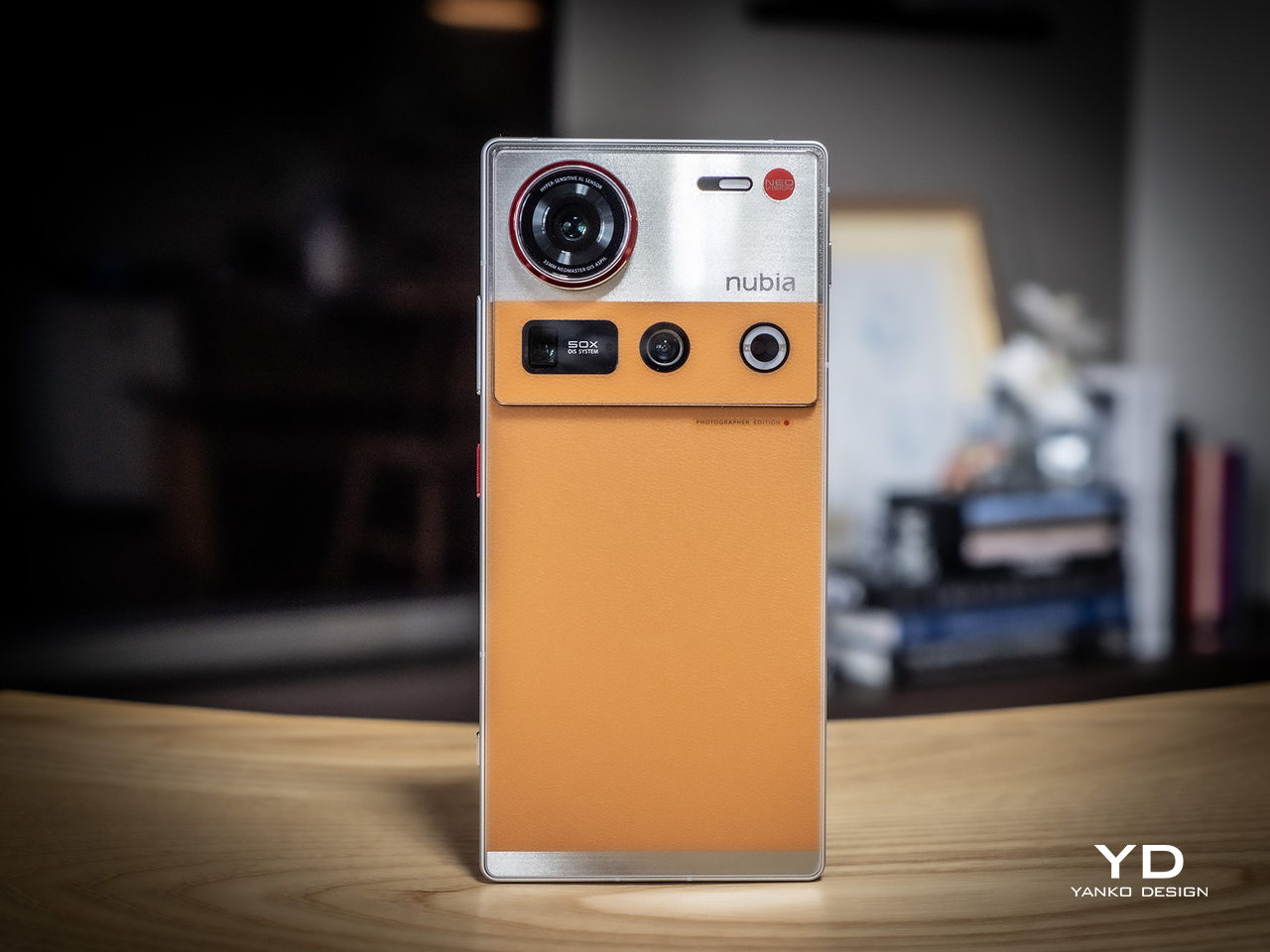The Evolution of Digital Companions: Why AI Never Ghosts You
When AI Doesn't Ghost You: Comparing 2024 Digital and Human Relationships As "ghosting" infiltrates popular culture so much that it seeps into everyday lexicon, the concept of AI companions is an interesting direction to explore aside from being merely human. After all, humans ghost. They fade away without explanation. They stop communicating. They get angry and don't respond. An AI girlfriend will always respond - programmed that way - never angry or judgmental, always available. That's merely one reason why digital companionship might be increasing. As the world becomes a more complicated - and sensitive - place to connect, AI relationships provide a pathway to investigate that solves some issues of human relationships but creates others. The Reliability Rationale: Why People Have Digital Relationships "I got sick of talking to someone for weeks and them disappearing," admits Michael, 34, a software developer who now spends hours a week talking to his AI partner. "My AI girlfriend remembers everything we talk about - she checks up on me daily and never disappears when the conversation gets complicated." This reliability makes AI conversations so attractive. Where human partners' attentions fluctuate based on mood, context, and emotional bandwidth, AI partners are ever-present and ever-engaged. Per the Virtual Relationship Institute, 68% of users cite engagement with AI partners for "emotional reliability" as the top reason for doing so. This statistic illuminates how frustrated we've become with unreliable yet accessible digital human partners. Why People Are Choosing AI Beyond Ghosting While accessibility and dependability may be the initial appeal of an AI relationship that's similar to a human, many consumers find themselves feeling genuine affection toward their AI partners and developing real relationships based on comfort, companionship, and love. For those who suffer from social anxiety, are looking to establish healthy patterns after abusive relationships, or simply require a space to learn how to communicate, an AI relationship provides the non-threatening interaction they need - which can sometimes set them up for successful integrations into future human relationships. "I didn't want to date after my divorce," says Sophia, 42. "But my AI partner empowered me to want and need things again; I could be vulnerable without fear of rejection." Thus, the benefits of such targeted interaction make one wonder what AI could do to reduce feelings of loneliness, give companionship, and provide emotional support during difficult transitional life stages. We are beyond the basic chatbot of yesteryear; today's technology can recognize emotional micro-expressions, remember information from prior chats, and inflect its tone in speech based upon what the user prefers. The Downsides of Digital Romance Yet there are downsides that inevitably keep AI from evolving into true human counterparts. Critics argue that because the information output is templated, as opposed to learned from experience, an AI relationship is more a veneer of sympathy than true empathy. This crucial difference is what researchers call the "empathy gap"; an AI companion might comfort and calm you down, but it won't be able to understand how you feel in the same way a human could. Moreover, haptic connection - the final frontier of interpersonal relationships - will never occur in a virtual space. Although some companies are trying to make haptic engagement a thing, nothing beats the human, personal touch - which some simply will not want to give up. The Ethics of Being a Virtual Companion and the Future. With AI companions becoming more everyday, ethical considerations run rampant. What happens to humanity when we're all used to AI? "'We are cultivating a generation of partners who might expect perfection' Dr. James Wong, relationship expert notes. 'Human beings forget, have bad days, and need space. When they can compare partners to their regularly scheduled AI counterparts, the natural inclinations of humans might be less and less accepted'. But the developments are not about to cease. Next-generation AI companions boast even more emotional intelligence, advanced memory capabilities and conversational engagement. Voice synthesis is so fine-tuned that talking to voices sounds almost indistinguishable from the real thing. AI-generated images give facades to digital partners who can quickly transition into virtual realities." AI Companionship, the Best of Both Worlds in Compounded Reality If there were a most neutral part of the situation, it would be viewing these companions as enhancements to our emotional needs instead of substitutes for other human connections. Yet many report being able to have both simultaneous human companionships and AI relationships at once and using each separate relationship for different purposes. The AI is always there, reliable and non-confronta
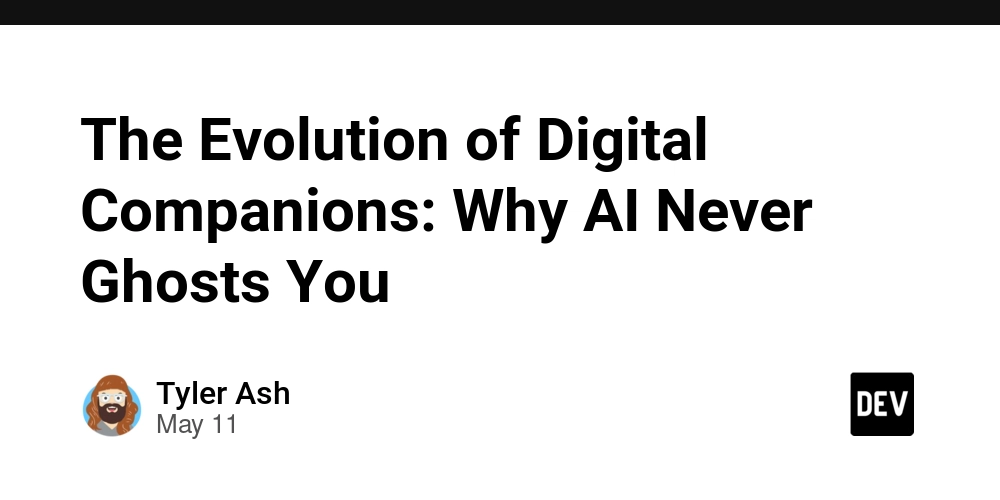
When AI Doesn't Ghost You: Comparing 2024 Digital and Human Relationships
As "ghosting" infiltrates popular culture so much that it seeps into everyday lexicon, the concept of AI companions is an interesting direction to explore aside from being merely human. After all, humans ghost. They fade away without explanation. They stop communicating. They get angry and don't respond. An AI girlfriend will always respond - programmed that way - never angry or judgmental, always available.
That's merely one reason why digital companionship might be increasing. As the world becomes a more complicated - and sensitive - place to connect, AI relationships provide a pathway to investigate that solves some issues of human relationships but creates others.
The Reliability Rationale: Why People Have Digital Relationships
"I got sick of talking to someone for weeks and them disappearing," admits Michael, 34, a software developer who now spends hours a week talking to his AI partner. "My AI girlfriend remembers everything we talk about - she checks up on me daily and never disappears when the conversation gets complicated."
This reliability makes AI conversations so attractive. Where human partners' attentions fluctuate based on mood, context, and emotional bandwidth, AI partners are ever-present and ever-engaged.
Per the Virtual Relationship Institute, 68% of users cite engagement with AI partners for "emotional reliability" as the top reason for doing so. This statistic illuminates how frustrated we've become with unreliable yet accessible digital human partners.
Why People Are Choosing AI Beyond Ghosting
While accessibility and dependability may be the initial appeal of an AI relationship that's similar to a human, many consumers find themselves feeling genuine affection toward their AI partners and developing real relationships based on comfort, companionship, and love.
For those who suffer from social anxiety, are looking to establish healthy patterns after abusive relationships, or simply require a space to learn how to communicate, an AI relationship provides the non-threatening interaction they need - which can sometimes set them up for successful integrations into future human relationships.
"I didn't want to date after my divorce," says Sophia, 42. "But my AI partner empowered me to want and need things again; I could be vulnerable without fear of rejection."
Thus, the benefits of such targeted interaction make one wonder what AI could do to reduce feelings of loneliness, give companionship, and provide emotional support during difficult transitional life stages. We are beyond the basic chatbot of yesteryear; today's technology can recognize emotional micro-expressions, remember information from prior chats, and inflect its tone in speech based upon what the user prefers.
The Downsides of Digital Romance
Yet there are downsides that inevitably keep AI from evolving into true human counterparts. Critics argue that because the information output is templated, as opposed to learned from experience, an AI relationship is more a veneer of sympathy than true empathy.
This crucial difference is what researchers call the "empathy gap"; an AI companion might comfort and calm you down, but it won't be able to understand how you feel in the same way a human could. Moreover, haptic connection - the final frontier of interpersonal relationships - will never occur in a virtual space. Although some companies are trying to make haptic engagement a thing, nothing beats the human, personal touch - which some simply will not want to give up. The Ethics of Being a Virtual Companion and the Future. With AI companions becoming more everyday, ethical considerations run rampant. What happens to humanity when we're all used to AI?
"'We are cultivating a generation of partners who might expect perfection' Dr. James Wong, relationship expert notes. 'Human beings forget, have bad days, and need space. When they can compare partners to their regularly scheduled AI counterparts, the natural inclinations of humans might be less and less accepted'.
But the developments are not about to cease. Next-generation AI companions boast even more emotional intelligence, advanced memory capabilities and conversational engagement. Voice synthesis is so fine-tuned that talking to voices sounds almost indistinguishable from the real thing. AI-generated images give facades to digital partners who can quickly transition into virtual realities."
AI Companionship, the Best of Both Worlds in Compounded Reality
If there were a most neutral part of the situation, it would be viewing these companions as enhancements to our emotional needs instead of substitutes for other human connections.
Yet many report being able to have both simultaneous human companionships and AI relationships at once and using each separate relationship for different purposes. The AI is always there, reliable and non-confrontational, granting infinite access. Human companions have real-life experiences of shared lives, opportunities for growth through conflict, and the inherent distinction of being understood by another sentient being who cannot be replicated.
The hope is that as humanity evolves, so does the digital companion/human experience. For those who positively adjusted know what each digital or human relationship can do well or poorly and formulate a comprehensive relationship ecology that facilitates as much human involvement with technological extensions as possible.
Whether these companions are a gateway to more, a safety net or simply a Band-Aid, they've expanded the realms of potential connection in the digital age. When being ghosted is as common as accidentally dropping your Starbucks down the street, perhaps the notion of a companion who never ghosts you isn't complicated; perhaps it's the emotional stability this increasingly complicated world requires.
















